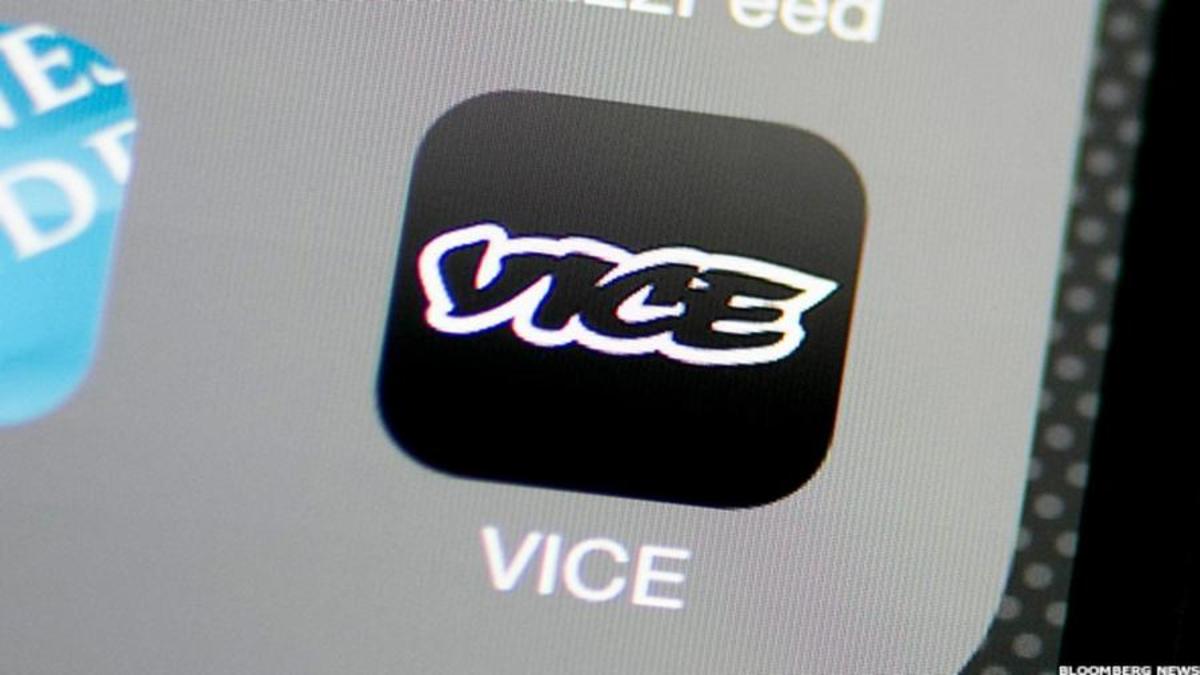
The Washington Post, which has been owned by Amazon's founder Jeff Bezos for a decade, has been laying off staff and is widely reported to be up for sale after suffering falls in both circulation and subscription revenues. Yet the success of those titles - other examples include the Financial Times and the Wall Street Journal - has been hard-earned and is not being replicated everywhere. And in the UK, The Times is making a sustained profit for the first time since it was bought by Mr Murdoch in 1981, again driven by strong digital subscriptions and award-winning journalism.Īll of which shows the value of providing scintillating content that paying subscribers want to read and, perhaps, of having plenty of so-called 'brand equity'. The Boston Globe has begun trading profitably since being bought by John Henry, the owner of Liverpool FC, thanks to some buoyant digital subscription revenues. In the US, the New York Times has even bought a media start-up of its own in the shape of The Athletic, a sports-focused publication. In the meantime, some older media titles are flourishing, thanks partly because their revenues are driven by subscriptions as well as advertising.

Vox Media, another scrappy new media start-up, has also laid off staff and in February this year fell into the arms of Penske Media Corporation, owner of established media titles such as Variety and Rolling Stone.īusiness Insider and Politico, two more digital news start-ups that successfully built strong reputations, have been bought by another established media player in Axel Springer, owner of Bild and Die Welt, two of Germany's best-selling newspapers. Image: Buzzfeed is another big name to have lost ground, closing its news operationīuzzfeed, which earlier this month closed its news operations and laid off 15% of its staff, has also suffered a big drop in its valuation as it soldiers on. Vice is not the only digital media start-up to lurch from a crazy valuation to almost nothing. Ms Dubuc left in February this year, by which time, Vice was already being hawked to prospective buyers. Costs were cut aggressively - even the Old Blue Last was sold - but profits remained stubbornly unattainable and particularly after the constraints of operating during the pandemic took a toll. The company became locked into a spiral of staff redundancies, followed by more declines in audience, followed by more redundancies. Two of its executives were suspended as a result and subsequently left the company.īy the beginning of 2018, investors were becoming frustrated at Vice's inability to make a profit from its large online audiences, while Mr Smith stepped down as chief executive in favour of Nancy Dubuc, a former broadcasting executive, who took steps to try and clean up the workplace culture.

I broke the Vegas tip record."Īlmost inevitably, that 'bro' culture turned out to be indicative of something much worse, with the New York Times reporting on accusations of sexual misconduct in the company at the end of 2017.
Vice media owner plus#
In more recent times, the culture was set by another co-founder, Vice's former chief executive Shane Smith, who famously quibbled with a report in 2016 that he had spent $300,000 on a single dinner in Las Vegas, telling the Wall Street Journal: "It was $380,000, plus tip.

These included British-born Gavin McInnes, who later went on to achieve notoriety as a founder of the Proud Boys, the far-right organisation implicated in the storming of the US Capitol on 6 January 2021. The group's 'bro' culture was very much driven by the personality of its co-founders. Image: Rupert Murdoch was among investors at Vice.


 0 kommentar(er)
0 kommentar(er)
